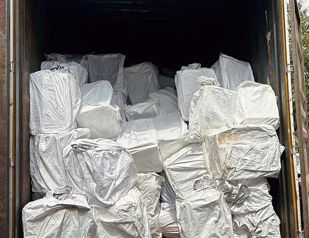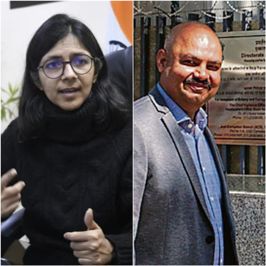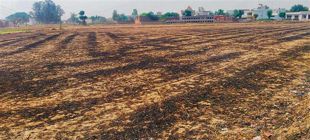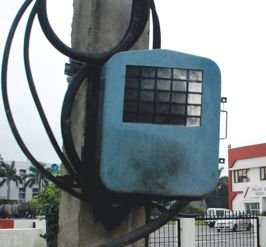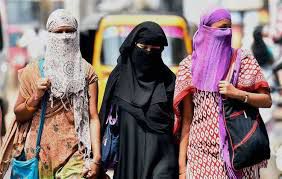
Photo for representational purpose only. File photo
Sumedha Sharma
Gurugram, April 28
As average temperature in Delhi-NCR reaches 40°C, the Central Pollution Control Board (CPCB) has sounded an alert for the rising ground level ozone in many parts of the NCR.
According to the CPCB data, the levels in NCR are crossing the national ambient air quality standards of 100 micrograms per cubic metre for eight hours. The levels register the maximum increase between 11 am and 6 pm.
The authority has identified six key air quality monitoring stations. Additionally, it has asked the authorities in Haryana and UP to tap their monitoring stations in Gurugram, Faridabad, Noida and Ghaziabad, and identify vulnerable ones as the ozone levels are predicted to rise further with soaring temperatures.
CPCB’s data shows that the Dr Karni Singh Shooting Range, Jawaharlal Nehru Stadium, Major Dhyan Chand National Stadium, Narela, Nehru Nagar and RK Puram saw high ozone levels.
It may be noted that generally air quality is assessed in terms of particulates like PM 2.5 or PM 10. But in 2023, the Centre for Science and Environment (CSE) sounded an alarm for ground level ozone for the first time, stating that ozone is a highly reactive gas that has serious health consequences.
“We are closely monitoring the air quality on a daily basis and are also looking out for ozone levels. The Sector 51 monitoring station, which on an average records poorest air quality, is on our radar. We will abide by the directives of pollution control board,” said Gurugram Deputy Commissioner Nishant Yadav.
According to the United States Environmental Protection Agency, high concentrations of ozone near ground level can be harmful to people, animals, crops and other materials. Ozone can cause irritation in the respiratory system, aggravate chronic lung diseases such as emphysema and bronchitis, reduce the immune system’s ability to fight off bacterial infections in the respiratory system and cause pulmonary complications.
Unlike stratospheric ozone, which forms naturally in the upper atmosphere and protects us from the sun’s harmful ultraviolet rays, ground-level (or tropospheric) ozone is created through the interactions of man-made (and natural) emissions of volatile organic compounds and nitrogen oxides in the presence of heat and sunlight. Cars and gasoline-burning engines are key sources of these volatile organic compounds (VOCs). VOCs also come from consumer products such as paints, insecticides, cleaners as well as industrial solvents and chemical manufacturing.
Nitrogen oxides, the other chemical precursor of ozone, are produced whenever fossil fuels are burned and are primarily produced by motor vehicles and power plants. The sun’s direct ultraviolet rays convert these emissions into ground-level ozone.
Health impact
- According to the United States Environmental Protection Agency, high concentrations of ozone near ground level can be harmful to people, animals, crops and other materials.
- Ozone can cause irritation in the respiratory system, aggravate chronic lung diseases such as emphysema and bronchitis, reduce the immune system’s ability to fight off bacterial infections in the respiratory system and cause pulmonary complications.
Join Whatsapp Channel of The Tribune for latest updates.






















